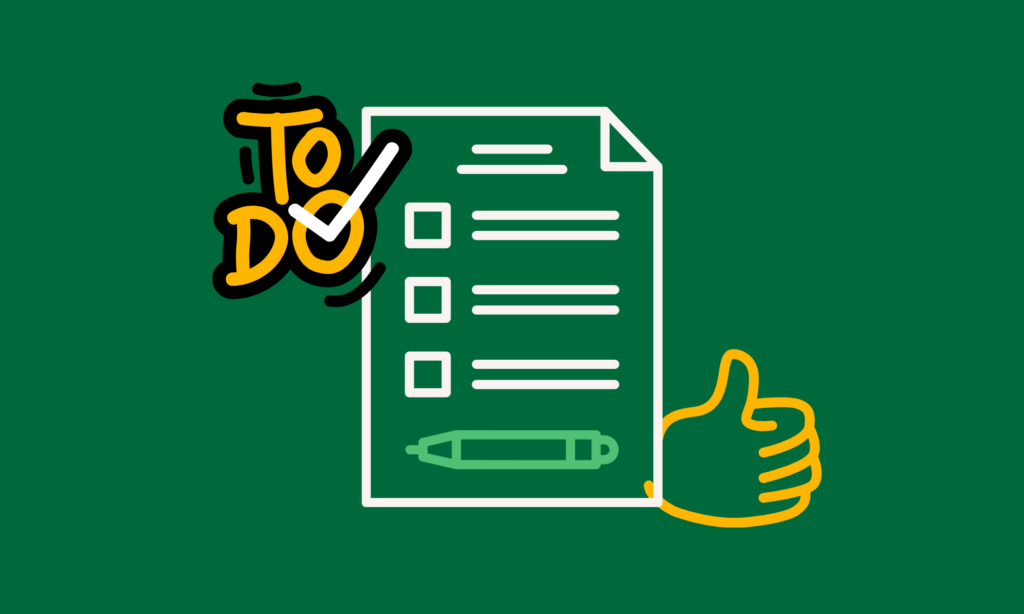The decision to use an in-house accountant or an outsourced accounting firm used to be rather straightforward. Typically, businesses that needed to track accounts receivable daily would rely on in-house accounting, while businesses with fairly basic compliance needs would outsource.
Fast forward a few years, and consumers have embraced the convenience of going cashless. Digital wallets, mobile payments and QR-based transactions are in strong demand as opposed to the old days of cash and credit only.
As merchants find themselves inundated with greater transactional volumes, they are also likely to bemoan the increased accounting costs and challenges that come with keeping a firmer grip on the cash running through their books.
But more transactions mean more data. And data is the new oil. When harnessed and leveraged correctly, they can deliver invaluable insights into your business.
Just like e-payments, a new wave of accounting tech firms like Counto are using artificial intelligence to mine and capture granular data for precise financials—and at costs that are dramatically below traditional accounting firms.
In this new world, there are 3 main accounting strategies for small businesses:
- For new and small businesses that take the DIY route, Xero and QuickBooks accounting software are ideal resources and they come with a vast ecosystem of third party integrations that automate data entry. A blog post of ours “Why using Xero without Counto is like having a cupcake without frosting” shines the light on this method.
- The next alternative, usually for larger businesses, is keeping accounting in-house but equipping staff with advanced software like Xero or Quickbooks and/or collaborating with accounting tech services like Counto.
- Then there are fully outsourced accounting and tax services like Counto, geared towards small to mid sized companies, providing them with access to a specialised team of resources at incredibly affordable prices.
Which brings us to other factors to consider when going in-house or outsourced:
- Besides bookkeeping, most in-house accountants take on extra duties in lean set-ups, resulting in mismanagement of company records, incorrect data entries and missed regulatory deadlines. Versus an external accountant whose main job is to drive operational efficiencies and improve business results.
- With outsourced bookkeeping, you don’t need to worry about paying for employee taxes and benefits, accounting software and hardware, as well as renting extra work space to accommodate your accountant.
- Also consider the resources it takes to hire, replace and retrain internal accounting-related staff and the direct hit to top line when turnover occurs.
- Having a team of experts and customer support behind you—one individual is just not enough to review financials, detect fraud, automate processes, and implement strategies.
In today’s digital economy, the accounting sector’s new wave of outsourcing will be led by automation. Accounting tech services like Counto offer huge cost savings, personal customer support, and give companies a lot more certainty in the decisions they make.
Certainly, the path you choose to take will largely depend on your revenues and the complexity of your business. But whether you stay in-house or outsourced, technology advancements will play a strategic role in maximising your growth potential.
Still on the fence? Read on…
“If you deprive yourself of outsourcing and your competitors do not, you’re putting yourself out of business.” – LEE KUAN YEW
Curious how Counto can help your business reach its financial goals? Get in touch today and we will do your first month of books for free.







